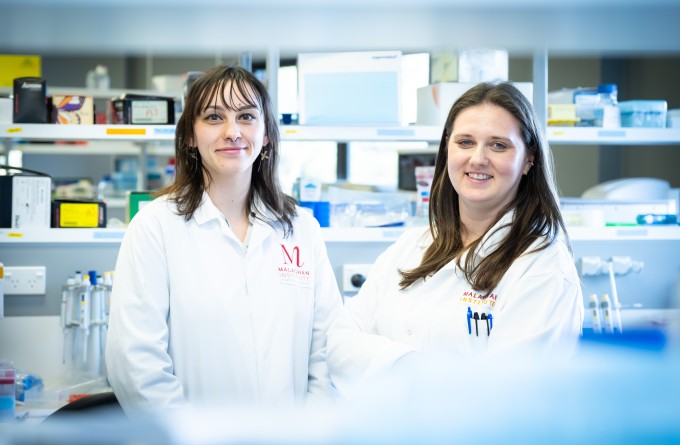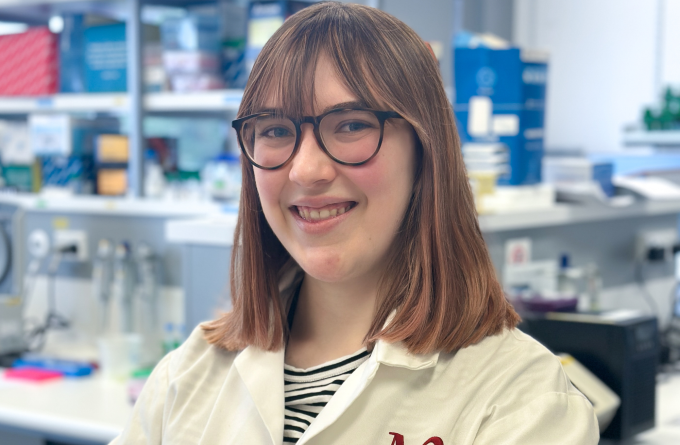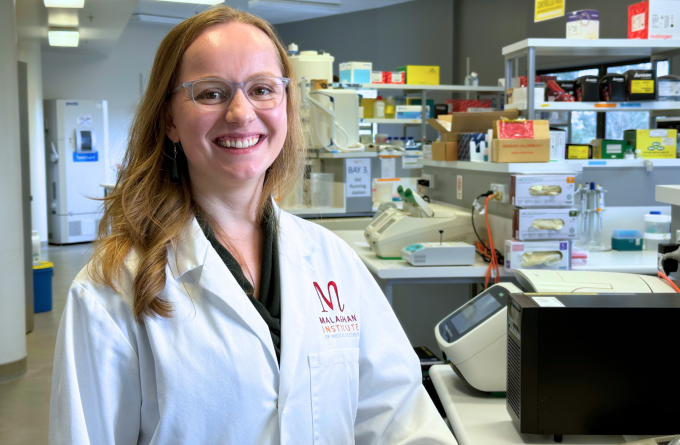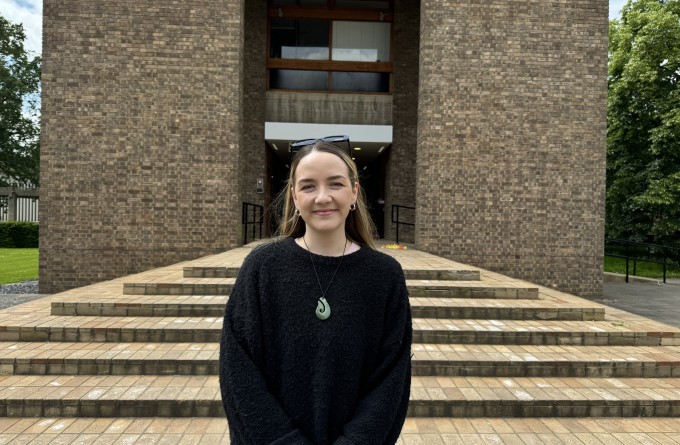29 April 2021
It’s been roughly eighteen months since COVID-19 first appeared on our radars, and just over a year since New Zealand went into its first lockdown, grinding the country to a halt. Amid global social and economic upheaval, it has been a remarkable feat of international scientific endeavor and cooperation that we now have a safe and effective vaccine to the virus that has to date been given to over one billion people worldwide.

COVID-19 has highlighted just how important fundamental research in immunology and infectious disease is to protecting our global community
Pandemics are nothing new, but our collective response to this most recent one has been. Throughout the COVID-19 pandemic, the challenges and opportunities faced by the scientific community, and considerable achievements under unprecedented pressure and expectation, will pave the way for how we deal with the next one.
“The COVID-19 pandemic has been a stark reminder that while we can fight the numerous organisms that cause infectious disease, we can never be fully rid of them,” says Professor Graham Le Gros, Director at the Malaghan Institute of Medical Research. “Pandemics are a constant and unfortunate threat – a consequence of humans living in increasingly dense groups. But while we can’t prevent new infectious diseases from occurring, we can prevent the uncontrolled spread of the next one.”
Humans have no shortage of agents vying for a chance to infect us. Bacteria, viruses, fungi and parasites have all been constant companions in our shared history. With modern hygiene practices and vaccines, we have done a solid job of tackling these disease-causing organisms, even eradicating some completely altogether. Yet, the threat of new, unknown infectious organisms is never far away, due in large part to their ability to mutate and ‘jump’ from one source to another, such as from animals to humans.
“This is what we’ve seen with COVID-19. However, what made COVID-19 different from other similar diseases such as MERS and SARS, tipping into a full-blown pandemic, was the ease and speed with which it travelled around the world, even as countries fought to control its spread,” says Prof Le Gros.
“Up until now, our global population and economy have been totally reliant on international transportation on a massive scale. But this has made us uniquely susceptible to pandemics. Less than a generation ago, it would take weeks, even months for individuals to travel across countries and continents. Any infectious diseases they carried would die out within that time, preventing their spread before they could become a serious threat. Today, with the proliferation of international air travel, what took weeks now takes mere hours, and new infectious agents can travel across the world in the space of a day.”
This is very much a consequence of our globalised society, say Prof Le Gros, and a warning that we need to take some fundamental steps in both policy – but more importantly scientific research – to ensure that as we open borders, we don’t open the door to future pandemics.
Preventing the next pandemic
Preventing another global pandemic doesn’t necessarily mean an end to overseas travel or trade, or a return to rural living. Rather, we need to better detect viruses that could cause future pandemics, and we need to better understand how the immune system works in order to design vaccines that will protect our family, friends and neighbours from existing and emerging infectious diseases.
“We really need to make sure we are investing in the right science and technology that will ensure our protection for decades to come,” says Prof Le Gros.
“There are still fundamental questions and research around the human immune system in regards to vaccines and vaccine science we need to answer. Questions like why do some people respond better to a vaccine than others? Why do vaccines become less effective over time as you get older? Can we design vaccines that target a whole class of disease, not just a single strain? If we are truly to become resilient against the next pandemic, we need to make sure we answer these basic questions, so that we can design vaccines today that can fight the pandemics of the future.”
Prof Le Gros says the important thing is to not lose the momentum of COVID-19 vaccine research and development, but rather carry it through, make sure we have the fundamental research boxes ticked, and not leave them half-finished.
“It will be tempting, once the global population is immunised against COVID-19, to leave it at that, and turn our collective attention elsewhere, away from the basic science research in vaccines and infectious disease. We need to ensure the infrastructure and trained specialists are in place for whenever the next one comes.
“To do this we need to encourage governments and philanthropists where possible, to help us finish the job around our understanding of how the human immune system works, how long term immunity works, so that we can make really safe, really effective vaccines that will see us through whatever we face in the future.”
Related articles

Winter and the immune system
23 June 2025

New research group taking aim at ageing immunity
20 June 2025

Dr Michelle Linterman: Asking the age-old question
30 April 2025

As easy as breathing: the future of vaccines
31 October 2024

Fever: too hot to handle or the body's first line of defence?
22 August 2024

Rejuvenating the ageing immune system
17 July 2024
